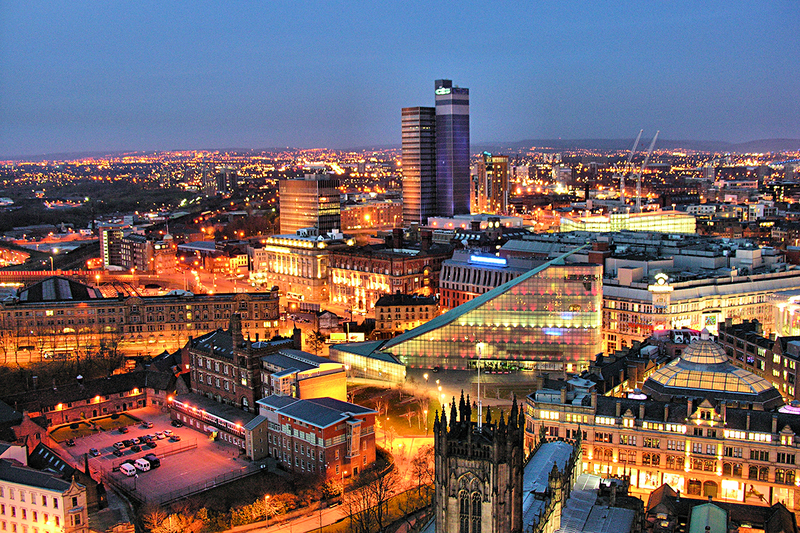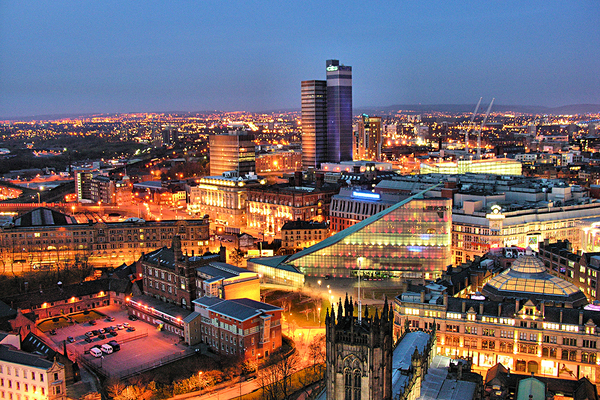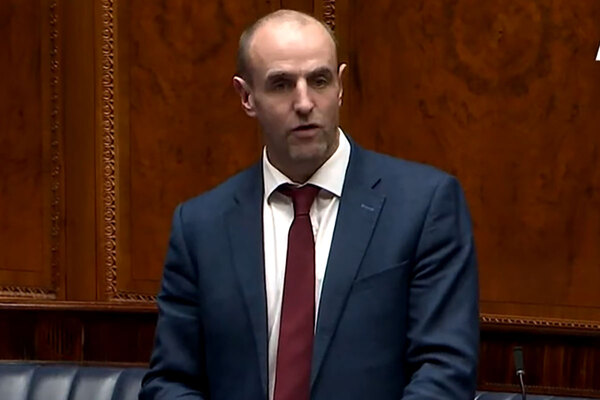You are viewing 1 of your 1 free articles
 Joanne Roney OBE
Joanne Roney OBEWhy Manchester needs more housing of all tenures
Manchester’s city centre skyline is littered with cranes. But building affordable homes is still a challenge, as Joanne Roney explains
We need more homes. Pure and simple.
Manchester – like nearly every other town and city in the UK – is feeling the effects of the housing crisis and only numbers of homes on site and in the ground can help.
In some ways, we are a victim of our own success.
The population in Manchester is expected to exceed 650,000 people by 2026 (it’s currently at 572,000), with more than 100,000 people choosing to live in the city centre – making the city one of the fastest growing in Europe.
Our skyline is littered with cranes. The recent Regional Crane Survey from Deloitte found that 14,400 residential units are currently under construction in the city and more than two million sq ft of office development is underway.
And we expect the number of jobs to increase in the city by 63,000 up to 2038, which is helping us retain more of our student population than ever, along with attracting skilled workers from across the country and abroad.
The headlines look great.
The impact is that we have to fulfil this exceptional demand for new housing across every tenure and price point – with particular thought to homes for lower-income families.
We’re only just seeing a return to pre-recession level homebuilding, and the spectre of Brexit presents challenges.
We have committed to revising the overall number of homes to be delivered in the city from 20,000 to 32,000 between April 2015 and March 2025 – meeting the right mix of housing to meet this demand.
At least 6,400 of these homes will be affordable to Manchester people – meeting the council’s 20% affordable homes target for new home delivery in the city.
We know the government’s focus for grant funding has been on owner occupation. This leaves less for affordable rental and social housing, and councils looking at more innovative approaches to ensure there are homes in the pipeline our residents can afford.
To meet our ambitious housing targets – especially for affordable homes – strengthening existing partnerships with Homes England to maximise grant funding for housebuilding will be essential. As will bolstering key links to the city’s registered housing providers as delivery partners that can unlock grant funding.
The Manchester Housing Providers’ Partnership has recently been set up to help meet the city’s housing challenges and is linked to the ‘Our Manchester’ strategy – the long-term vision for the city and how we intend to achieve it.
These providers will deliver a significant proportion of the city’s future affordable homes and are expected to help unlock around £380m in development funding between 2021 and 2025.
Austerity and associated welfare reforms have hit Manchester’s communities hard – in particular the impact of Universal Credit. This wider impact is an increased number of people in need of a council homes. And despite the city’s boom, rising homelessness is a major challenge.
“We are exploring modular as way of expediting the time constraints of traditional build methods but at the moment quality and cost remain a challenge”
Manchester has 68,000 social homes, which is around a third of the city’s housing. This is more than most cities across the UK, but we are seeing far more people choosing to stay in their social rented property for longer.
We saw only 2,500 properties change hands through our allocation system last year – probably half of what we would expect – which means Manchester people are sitting on the register for longer, waiting to get a new home.
So, clearly, we need more. But we also need properties across the board – a wide mix of tenures, price points and for different end users.
Our partnership with George Clarke for a Channel 4 show looking at 100 years of the Addison Act has shown the complexity of building affordable homes quickly which meet the quality standards that we adamantly need.
We are exploring modular as way of expediting the time constraints of traditional build methods but at the moment quality and cost remain a challenge.
“Infrastructure cash and grant funding for affordable homes is needed now more than ever, and we look forward to working with the government to help build the homes Manchester people need”
Projects like our Northern Gateway programme are the future.
The project will not only deliver the necessary numbers – 15,000 new homes in the next 15 years – but also create incredible green, sustainable neighbourhoods linked by green and blue infrastructure.
But most importantly across the 155 hectare area there will be housing options. Apartments will sit alongside family housing with opportunities to buy your own home or rent affordably.
The first phase in Collyhurst, an inner-city area of Manchester, will see 130 new social homes built to help alleviate some of the challenges we face for our residents on low incomes.
Building en masse allows us to place make and plan in a way that isn’t possible across a myriad of smaller sites.
Design quality will be paramount with zero carbon as a central ambition for the Gateway project and modular will no doubt be an important option to help us meet our housing demands.
Of course, all of this needs money. Infrastructure cash and grant funding for affordable homes is needed now more than ever, and we look forward to working with the government to help build the homes Manchester people need.
Joanne Roney, chief executive, Manchester City Council










